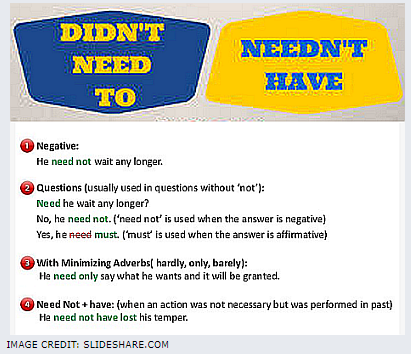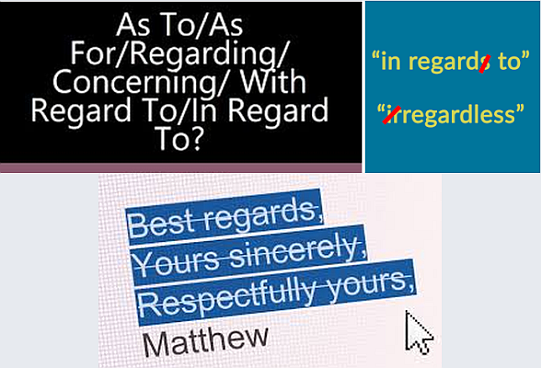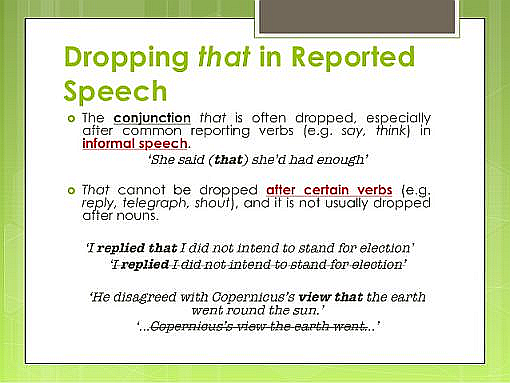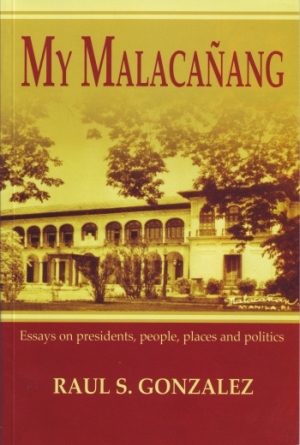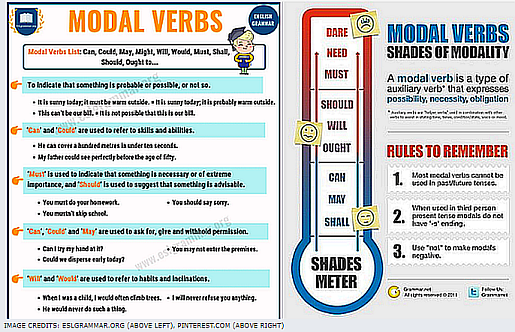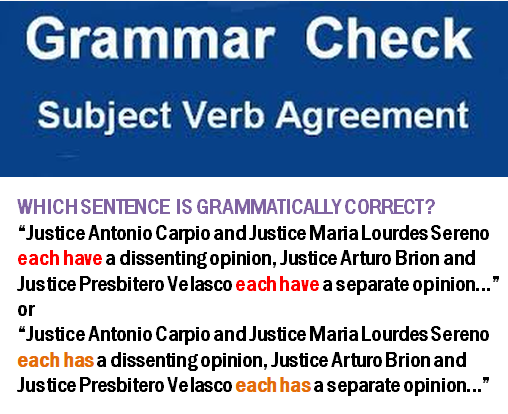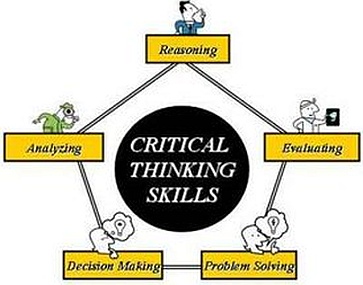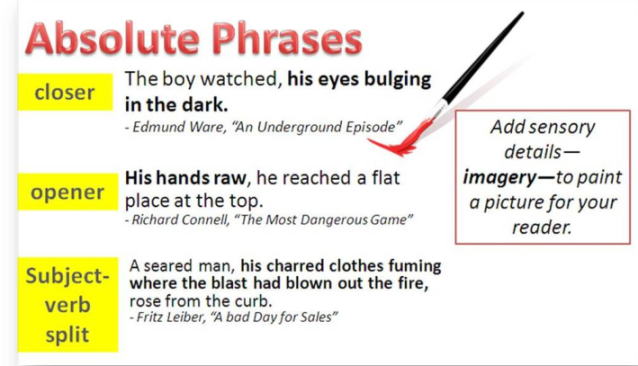A. What is Plain English?From Professor Robert Eagleson, Australia at
https://www.plainlanguage.gov/about/definitions/short-definition/"Plain English is clear, straightforward expression, using only as many words as are necessary. It is language that avoids obscurity, inflated vocabulary and convoluted sentence construction. It is not baby talk, nor is it a simplified version of the English language. Writers of plain English let their audience concentrate on the message instead of being distracted by complicated language. They make sure that their audience understands the message easily."
B. Terms synonymous with Plain EnglishThe term "Plain English" is used in the UK, Australia, and New Zealand. In other countries such as the USA, the term used is either "Plain Language" or "Plain Writing" because it includes languages other than English. In the European Commission (executive arm of the European Union), the term used is "Clear Writing."
C. Clarity, not brevity, the goal of Plain Language/Plain EnglishWhether Plain English, Plain Language, Plain Writing, or Clear Writing, the goal is clarity for public communications of government offices and of business organizations. Whether government regulations, commercial contracts, medical waiver forms, all of these must be written in such a way that ordinary readers can make sense of them.
For people who might say that law is a technical field and that legal documents can only be written precisely through traditional legal language, consider the following:1. Several years ago, all the US Federal Rules of Court were restyled using Plain Language guidelines.
2. Since 1984, the Michigan State Bar has been advocating for the use of Plain English in legal documents.
3. The National University of Singapore Law School uses as its textbook "Plain English for Lawyers" by Richard Wydick.
4. In 2010, the "Plain Writing Act" was enacted in the USA, requiring federal agencies to write "clear government communication that the public can understand and use."
For more information, please watch "Demand to Understand: How Plain Language Makes Life Simpler | Deborah Bosley | TEDxCharlotte" at
https://m.youtube.com/watch?v=OXcLwlZOE1sD. The International Standards Organization (ISO) published its Plain Language Standard last July. The ISO says:
"This document establishes governing principles and guidelines for developing plain language documents. The guidelines detail how the principles are interpreted and applied.
"This document is for anybody who creates or helps create documents. The widest use of plain language is for documents that are intended for the general public. However, it is also applicable, for example, to technical writing, legislative drafting or using controlled languages.
"This document applies to most, if not all, written languages, but it provides examples only in English."
E. History of Plain Language bills filed in the Philippines1. As early as the 14th Congress, (2007 to 2010) several bills were filed in the Senate and the House of Representatives seeking to require the use of Plain Language in government communications. There were also Plain Language bills filed in the 15th, 16th, 17th, and 18th Congress. Sadly, however, not one of these bills went beyond the committee level.
The late Sen. Miriam Defensor-Santiago is probably the first legislator to introduce a Plain Language bill in the Philippines. During the 14th Congress (2007-2010), she introduced SBN 3138 "Plain Language Act" and SBN 3503 "Plain Language in Health Insurance Act."
During his three terms in the House of Representatives, Rep. Rene Relampagos (1st District, Bohol) filed several Plain Language bills.
2. For the 19th Congress (2022-2025), there are two Senate bills and three House bills that seek to require the use of Plain Language in government communications.Senate bills:(a) SBN-273: Plain Language in Government Documents Act"An Act Requiring the Use of Plain Language in All Government-Issued Public Advisories, Notices, Announcements and Similar Documents Intended for Public Dissemination and Distribution"
Filed on July 11, 2022 by Sens. Manuel "Lito" Lapid and Joel Villanueva;
http://legacy.senate.gov.ph/lisdata/3801235340!.pdf"This bill seeks to require all national government agencies, offices, instrumentalities, including government-owned and -controlled corporations (GOCCs), to adopt the use of plain language in English, Filipino and/or other regional languages or dialects in all government-issued public advisories, notices, announcements and similar documents intended for public dissemination and distribution."
(b) SBN-714: Plain Writing for Public Service Act"An Act Enhancing Citizens' Access to Government Information and Services by Requiring All Government Documents to Be Written in Plain Language and If Necessary, Translated to Local Language or Dialect"
Filed on July 18, 2022 by Sen. Grace Poe;
https://legacy.senate.gov.ph/lisdata/3840134856!.pdf"An informed citizenry is vital to nation building. If people know and understand laws, rules and regulations they are empowered to make informed decisions. To this, the government must take an active role in making sure that it communicates information that people can easily understand and comprehend. The use of plain language and the translation to local language or dialect improves the citizen's access to government information and service."
Note:
Sen. Grace Poe filed Plain Language bills as early as the 16th Congress.
House bills:(a) HB05418: Plain Language for Public Service Act"An Act To Enhance Citizens' Access to Government Information and Services by Establishing a System in which Government Documents Issued To the Public must be Written in Plain Language and Translated to the Local Language or Dialects, if necessary, and for other purposes"
Filed by Rep. Patrick Michael Vargas;
https://hrep-website.s3.ap-southeast-1.amazonaws.com/legisdocs/basic_19/HB05418.pdf"The strength of a nation is determined by how well-informed its general public is. People who are equipped with the right knowledge through a transparent government are better capable of making decisions as they are aware of and comprehend the laws, rules, and regulations.
"In many government agencies however, communications are not always as comprehensible to ordinary citizens who so mostly deserve to understand and use the information.
"Often, instructions and guidelines are written in a language that they
are not fluent in leading to delay and additional cost when transacting with the government.
"This bill seeks to address this communication problem by proposing a measure that will ensure that public or government communications, especially those in written form, are easily understood by its end-users."
(b) HB05465: Plain Language in Government Documents Act"An Act Requiring the Use of Plain Language in All Government-Issued Public Advisories, Notices, Announcements and Similar Documents Intended for Public Dissemination and Distribution"
Filed by Rep. Ernesto "Ernix" Dionisio Jr.;
https://hrep-website.s3.ap-southeast-1.amazonaws.com/legisdocs/basic_19/HB05465.pdf"The government should aspire to make itself more accessible to the citizenry. To achieve this, communication between the former and the latter must be in general terms, unless the situation requires the use of more technical words. However, the government must ensure that relevant information reaches the masses lest it alienates them from vital knowledge."
"To ensure the widest accessibility, clarity and easy understanding of public information, all national government agencies, offices, instrumentalities, including government-owned and-controlled corporations (GOCCS), are hereby mandated to adopt the use of plain language in English, Filipino and/or other regional languages or dialects, as may be deemed necessary, for all covered documents."
Note:
Rep. Ernesto "Ernix" Dionisio Jr. mentions "communication between the former and the latter must be in general terms, unless the situation requires the use of more technical words." Bryan A. Garner, the editor of the authoritative Black's Law Dictionary, says that there are less than 200 terms of art ("technical words") in law.
(c) HB09158: Communication and Language Effectiveness for Accessible and Responsive (CLEAR) Government Act"An Act to Enhance Citizens' Access to Government Information and Services by Requiring All Government Offices to Adopt Plain Language in All its Written Communications to the Public, and for other purposes"
Filed by Reps. Lani Mercado-Revilla, Bryan Revilla, and Jolo Ramon Revilla III;
https://hrep-website.s3.ap-southeast-1.amazonaws.com/legisdocs/basic_19/HB09158.pdf"In pursuit of effective public engagement and understanding, all government offices shall adopt the use of plain language in English, Filipino and/or other regional languages or dialects, as may be deemed necessary."
Note:
HB09158 is inspired by the US "Plain Writing Act of 2010."













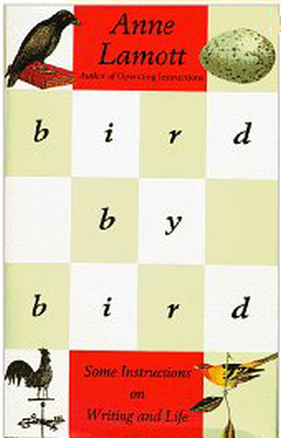




















 Recent Posts
Recent Posts



